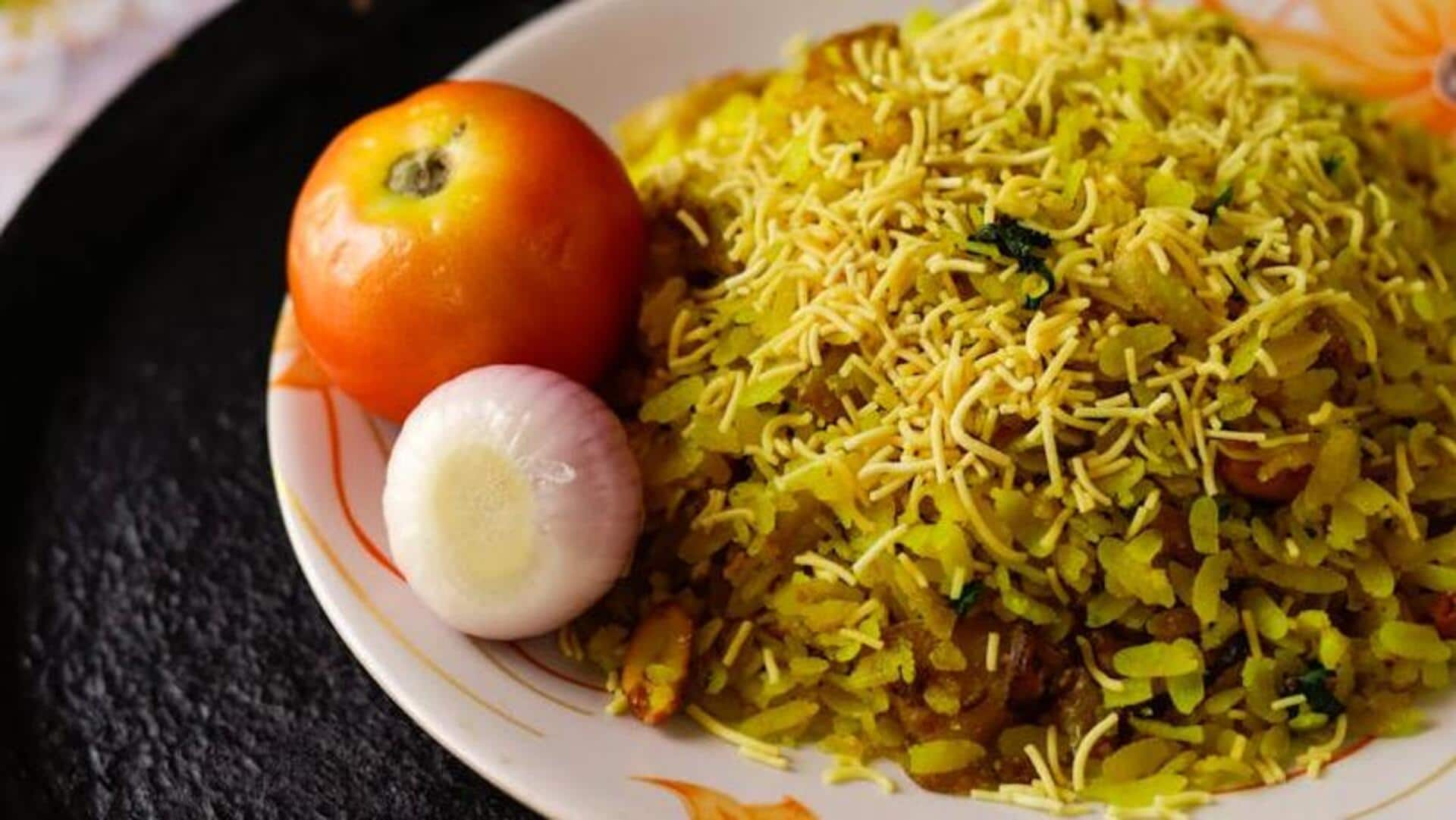
Zero-waste Indian breakfasts for sustainability
What's the story
The pursuit of environmental sustainability has brought zero-waste cooking practices to the forefront of conscious living. Indian cuisine, with its vast diversity and focus on whole foods, is a treasure trove of opportunities for embracing zero-waste principles. This article delves into how traditional Indian breakfasts can be effortlessly adapted to align with a zero-waste lifestyle, fostering a positive impact on both the planet and personal health.
Seasonality
Opt for seasonal and local ingredients
Selecting seasonal and local ingredients significantly cuts down the carbon footprint linked to the transportation and storage of food items. For example, your regular breakfast of poha (flattened rice) can be made more nutritious and flavorful by adding seasonal veggies grown in your region. This guarantees not only freshness but also helps local farmers and minimizes packaging waste.
Whole Foods
Embrace whole foods over processed
Adding whole foods such as millets, oats, or whole wheat to your breakfast recipes eliminates the need for packaged goods. A millet-based upma or oat idli, for instance, provide nutritious, filling meals with minimal processing and packaging. Choosing these options reduces kitchen waste while also increasing your dietary fiber intake - perfect for a zero-waste lifestyle.
Leftovers
Utilize leftovers creatively
Zero-waste cooking is all about embracing the art of possibility. That leftover dal (lentils) from dinner? It's a delicious dal cheela (lentil pancake) waiting to happen for breakfast. And those overripe fruits? Blend them into smoothies or use them as natural sweeteners in porridge. This way, we're not just reducing food waste, but also fostering culinary creativity.
Composting
Compost kitchen scraps
No matter how carefully you plan, some kitchen scraps are bound to happen. Composting those scraps transforms waste into a valuable resource, producing nutrient-rich soil perfect for gardening. Whatever you're peeling or skinning, composting those scraps completes the cycle for a truly sustainable kitchen, and leads to healthier home-grown veggies if you have a garden.
Reusables
Invest in reusable containers and utensils
Switching to reusable containers and utensils for storing leftovers or packing breakfasts on the go is a key step in achieving a zero-waste kitchen. Stainless steel tiffins or glass jars are durable options that eliminate the need for single-use plastics. Plus, opting for cloth napkins instead of paper towels significantly reduces daily waste.